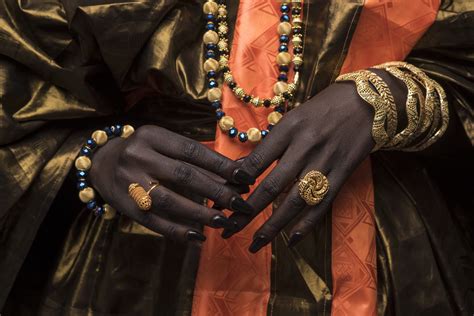A Quote by Sarah Addison Allen
Her life was monotonous, but it kept her out of trouble. . . . This, her father would say, was called being an adult.
Related Quotes
Her [Eleanor Roosevelt] father was the love of her life. Her father always made her feel wanted, made her feel loved, where her mother made her feel, you know, unloved, judged harshly, never up to par. And she was her father's favorite, and her mother's unfavorite. So her father was the man that she went to for comfort in her imaginings.
When my daughter went to school, her last name was mine. The school insisted that her father's name be added to hers, not her mother's. The fact that the mother kept her in her womb for nine months is forgotten. Women don't have an identity. She has her father's name today and will have her husband's tomorrow.
I mean, her father was an alcoholic, and her mother was the suffering wife of a man who she could never predict what he would do, where he would be, who he would be. And it's sort of interesting because Eleanor Roosevelt never writes about her mother's agony. She only writes about her father's agony. But her whole life is dedicated to making it better for people in the kind of need and pain and anguish that her mother was in.
... there had been the two little boys. Now they were gone, too. They loved her and called her and sent her e-mails and would still snuggle up to her to be petted when they were in the mood, but they were men, and though they would always be at the center of her life, she was no longer at the center of theirs.
Her motivation was love, her love for her father, and her journey of finding out who she truly is. That was my homework, and I would say that it motivated me to prepare myself mentally, but also physically, with a lot of gym stuff, fight training, horse training. But at its core, 'Mulan' is really about the character, the spirit.
At night, the house thick with sleep, she would peer out her bedroom window at the trees and sky and feel the presence of a mystery. Some possibility that included her--separate from her present life and without its limitations. A secret. Riding in the car with her father, she would look out at other cars full of people she'd never seen, any one of whom she might someday meet and love, and would feel the world holding her making its secret plans.
She thought in would be awkward for both to be brought into conscious collision; and fancied that, from her being on a low seat at first, and now standing behind her father, he had overlooked her in his haste. As if he did not feel the consciousness of her presence all over, though his eyes had never rested on her!
There's a man who's been out sailing In a decade full of dreams And he takes her to a schooner And he treats her like a queen Bearing beads from California With their amber stones and green He has called her from the harbor He has kissed her with his freedom He has heard her off to starboard In the breaking and the breathing Of the water weeds While she was busy being free
A woman of faith is blessed by faithful men in her life who hold the priesthood of God and honor this privilege: her father, bishop, husband, brothers, sons. They value her and the divine gifts given by God to His daughter. They sustain and encourage, and they understand the great mission of her life as a woman. They love her; they bless her.


































